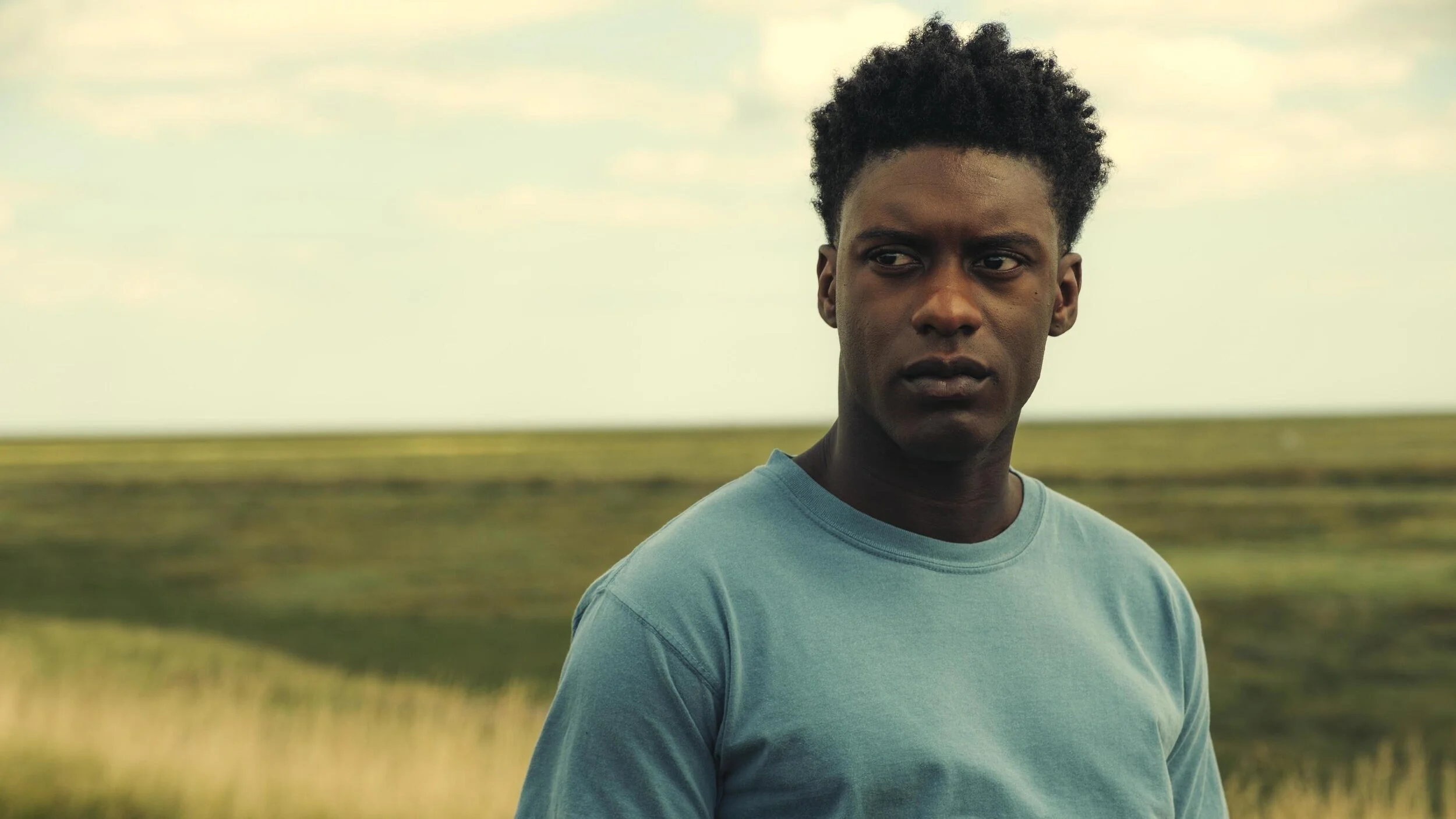The Last Tree
An important British film, this is the story of a Nigerian boy growing up in England.
I have rarely felt so conflicted in my responses while watching a film as I was with this second feature written and directed by Shola Amoo. I described his first feature, A Moving Image, as a promising piece with a keen sense of location. At its best, The Last Tree represents a giant step forward. Amoo is here telling a semi-autobiographical tale of a Nigerian youth, Femi, initially brought up by a foster mother (Denise Black) in Lincolnshire. But then at the age of eleven the boy is taken back by his birth mother (Gbemisola Ikumelo) and brought to live with her in a council flat in Brixton. The film shifts yet again for its final scenes which take place in Lagos and in all three contrasted settings the sense of place is admirably caught. This time around, Amoo is using widescreen and rural Lincolnshire seems created for this. Furthermore, Amoo's decision to put so much emphasis on close shots of faces despite this being a widescreen picture is distinctive and powerful.
The Last Tree may have a title with an elusive meaning, but it is very welcome as a British film with a 90% black cast handling material so revealing of the lives of Nigerians living in Britain. It has a fine cast with newcomer Tai Golding particularly striking as the young Femi, a role then taken up by Sam Adewunmi when Femi becomes sixteen. The film is impressive in its naturalism but for me the downside kicks in when it forsakes that tone. Amoo has indicated that he was aiming at a blend of realism and surrealism which would be seamless and seeking a kinetic energy that would heighten our immersion. But filming in widescreen only increases our awareness of the stylisation which quickly becomes self-conscious in the way that it features slow motion, fast and blurry camera movement and music excluded from the film's realistic scenes.
Furthermore, the structure of The Last Tree keeps us at a distance. Although we lack information about the fostering, we are in time made to see how much Femi's birth mother loves him despite being tough on him in a way that makes him resent being taken away from his foster mother. As a child, Femi readily earns our sympathy but, by jumping ahead five years to reveal him as a youth drawn to a local tough guy (Demmy Ladipo), the film fails to give us enough detail to sustain that sympathy regardless of the bad choices he makes. As for the concluding segment, it is less clear and meaningful than one would hope (the fact that it includes a religious element particular to Nigeria reduces its impact since outsiders can hardly weigh its significance).
In the long run then, The Last Tree is a disappointment but, in addition to its aims being admirable, it is important to stress that the best things in it are of exceptional quality.
MANSEL STIMPSON
Cast: Sam Adewunmi, Gbemisola Ikumelo, Denise Black, Tai Golding, Nicholas Pinnock, Demmy Ladipo, Ruthxjiah Bellenea, Jayden Jean-Paul-Denis, Ibrahim Jamas, Rasaq Kukoyi, Shaqai White, Yazzmin Newell.
Dir Shola Amoo, Pro Lee Thomas and Myf Hopkins, Screenplay Shola Amoo, Ph Stil Williams, Pro Des Antonia Lowe, Ed Mdhamiri Á Nkemi, Music Segun Akinola, Costumes Holly Smart.
Great Point Media/BFI/a Prodigal production/Privateer Pictures-Picturehouse Entertainment.
99 mins. UK. 2019. Rel: 20 September 2019. Cert. 15.


